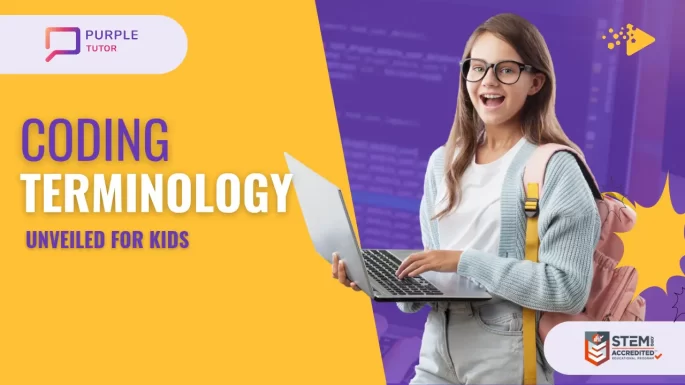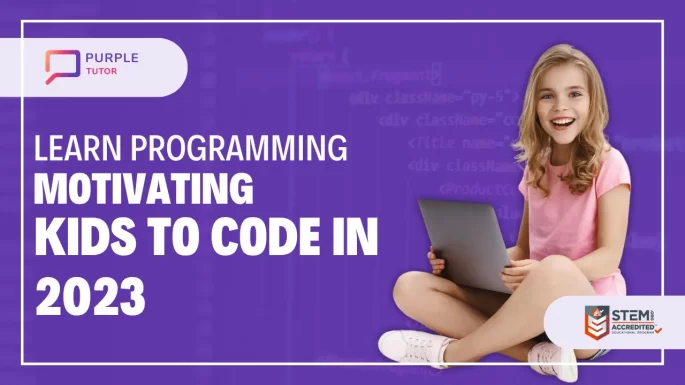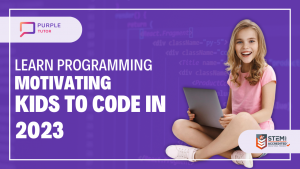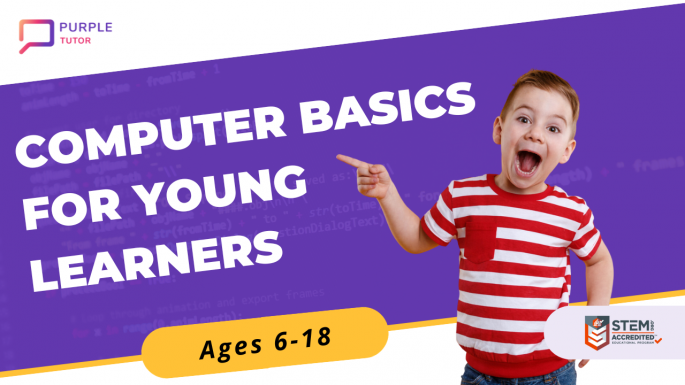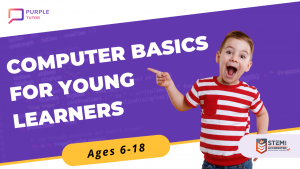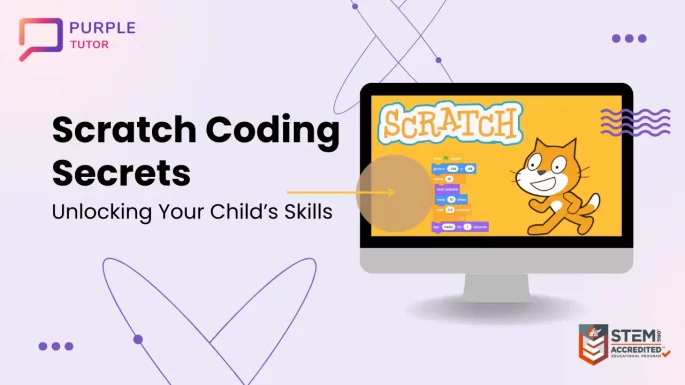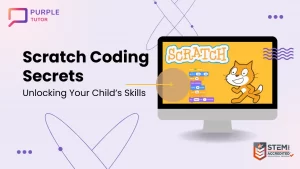Coding Terminology Unveiled for Kids
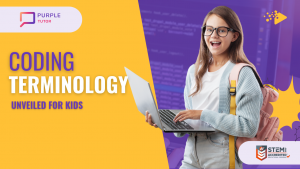 Welcome to the fascinating world of coding terminology, specially crafted for young minds! In this article, we will unravel the mysteries of coding jargon and reveal the essential concepts designed to make coding accessible and exciting for children. Whether your child is just beginning to explore the world of programming or has already embarked on their coding journey, understanding these fundamental terms is the first step toward mastering the art of coding. Let’s get started on this enlightening adventure
Welcome to the fascinating world of coding terminology, specially crafted for young minds! In this article, we will unravel the mysteries of coding jargon and reveal the essential concepts designed to make coding accessible and exciting for children. Whether your child is just beginning to explore the world of programming or has already embarked on their coding journey, understanding these fundamental terms is the first step toward mastering the art of coding. Let’s get started on this enlightening adventure
What Are Coding Terms for Beginners?
Let’s start with the basics – coding terms for beginners. These are the building blocks of coding that every aspiring young coder should know:
a. Algorithm: An algorithm is like a recipe that tells the computer what steps to follow to solve a problem. It’s a set of instructions that helps you achieve a specific goal in your code.
b. Code: Code is the language that computers understand. It’s a series of commands and symbols that you use to tell the computer what to do.
c. Debugging: Debugging is like finding and fixing errors or mistakes in your code. It’s an essential skill for any coder.
Exploring Basic Coding Terms
Now, let’s explore some more basic coding terms that will enhance your coding knowledge:
a. Variable: A variable is like a container that holds information or data in your code. It can be a number, a word, or anything you want to store.
b. Loop: A loop is a way to make your code repeat certain actions. It’s like telling the computer to do something over and over again until a specific condition is met.
c. Function: A function is like a mini-program within your code. It performs a specific task and can be used multiple times in your program.
Basic Programming Terms Made Simple
Let’s delve further into essential coding terminology or coding terms that are crucial for your coding journey. These concepts are the building blocks of programming knowledge:
a. Compiler – A Key Coding Term: A Compiler is a pivotal element of coding terminology. It serves as a special program that plays a vital role in translating your human-readable code into a language the computer can understand. Understanding compilers is fundamental in mastering coding terminology.
b. IDE (Integrated Development Environment) – A Coding Term Playground: An IDE, short for Integrated Development Environment, is like a playground for coding terms. It provides a suite of tools and features to assist you in writing, editing, and running your code. Familiarizing yourself with IDEs is essential in the world of coding terminology.
c. Syntax – The Grammar of Coding Terms: Syntax is akin to the grammar of a programming language within the realm of coding terminology. It encompasses the set of rules that you must follow to write code correctly. A solid grasp of syntax is fundamental for fluency in coding terminology.
By mastering these coding terms – Compiler, IDE (Integrated Development Environment), and Syntax – you’ll be well on your way to becoming a proficient programmer with a deep understanding of coding terminology, equipping you to tackle complex coding challenges with confidence.
Demystifying Programming Terminology
Lastly, let’s demystify some more programming terminology that will empower your coding journey:
a. Object-Oriented Programming (OOP): Object-Oriented Programming (OOP) stands as a fundamental coding paradigm. It revolves around creating “objects,” which encapsulate both properties and functions. OOP enhances code organization, making it easier to manage and reuse code. Mastery of OOP is essential for becoming a proficient programmer well-versed in coding terminology.
b. Algorithm Complexity: Algorithm Complexity is a pivotal coding term. It quantifies the efficiency of an algorithm in solving problems. As budding coders, you’ll progressively refine your skills to optimize algorithms for reduced complexity. This optimization is a cornerstone of becoming a proficient programmer with a deep understanding of coding terminology.
c. Data Structure: Data Structure is a pivotal aspect of coding terminology. Think of it as a specialized method for structuring and organizing data within your code. A solid grasp of data structures is vital because it enables efficient data storage and retrieval, crucial for developing high-performing applications in the realm of coding terms.
By comprehending and mastering these coding terminologies – Object-Oriented Programming (OOP), Algorithm Complexity, and Data Structures – you’ll be better equipped to navigate the intricate world of programming and its rich coding terminology. So, let’s embark on this empowering journey together!
Unlock Your Coding Potential with PurpleTutor Live Classes!
Now that you’ve embarked on your coding terminology journey, you might be eager to dive deeper into the world of programming. That’s where PurpleTutor comes in! Our live classes are specially designed for kids aged 6 to 18 years and their parents, making coding fun and accessible for everyone.
Here’s why PurpleTutor live classes are beneficial:
- Expert Instructors: Our instructors are experienced in teaching coding to young learners, ensuring that you receive the best guidance.
- Interactive Learning: We believe in hands-on learning through fun activities and projects, so you can apply what you’ve learned.
- Age-Appropriate Curriculum: PurpleTutor offers age-appropriate coding courses, so you can progress at your own pace.
- Parent Involvement: We encourage parents to participate, making it a bonding experience for families.
Conclusion
Congratulations, young coders and parents, for decoding the essential coding terminology and programming concepts in this kid-friendly guide. Remember, coding is an exciting journey that you can embark on together, and PurpleTutor live classes are here to support you every step of the way. Start your coding adventure today and unlock your limitless potential!
Frequently Asked Questions (FAQs)
1. Is a free trial class available?
– Absolutely, we offer a free demo class. You can easily schedule it through the provided link. This grants you the opportunity to experience our teaching methods firsthand.
2. Can I choose a class schedule that fits my availability?
– Certainly! Our scheduling is highly flexible, allowing you to select the day and time that best suits your schedule and personal preferences.
3. Will I receive a certification upon successful completion of the online Python course?
– Yes, upon successfully completing the coding course, you will receive a certificate recognizing your achievement.
4. What are the prerequisites for enrolling in PurpleTutor’s coding courses?
– To enroll in our Python courses, you’ll need a laptop or computer equipped with a webcam and a stable internet connection. While most of our courses do not require specific coding prerequisites, having a basic understanding of core Python programming concepts can be advantageous, particularly for Data Science coding courses.
5. Do the coding courses include assessments?
– Certainly, we regularly conduct assessments and provide feedback on your performance throughout the coding classes. Our goal is to monitor your progress and offer valuable guidance to enhance your learning journey.
6. What courses does PurpleTutor offer?
– PurpleTutor offers a diverse range of advanced courses designed to prepare students for the future. Our Python course catalog encompasses Python programming, Web Development, Machine Learning, Artificial Intelligence, Cybersecurity, Roblox Game Development, and more. We also provide comprehensive math courses. Explore our complete course selection in the dedicated courses section or schedule a free class to experience our teaching and discuss various course options with our instructors.
